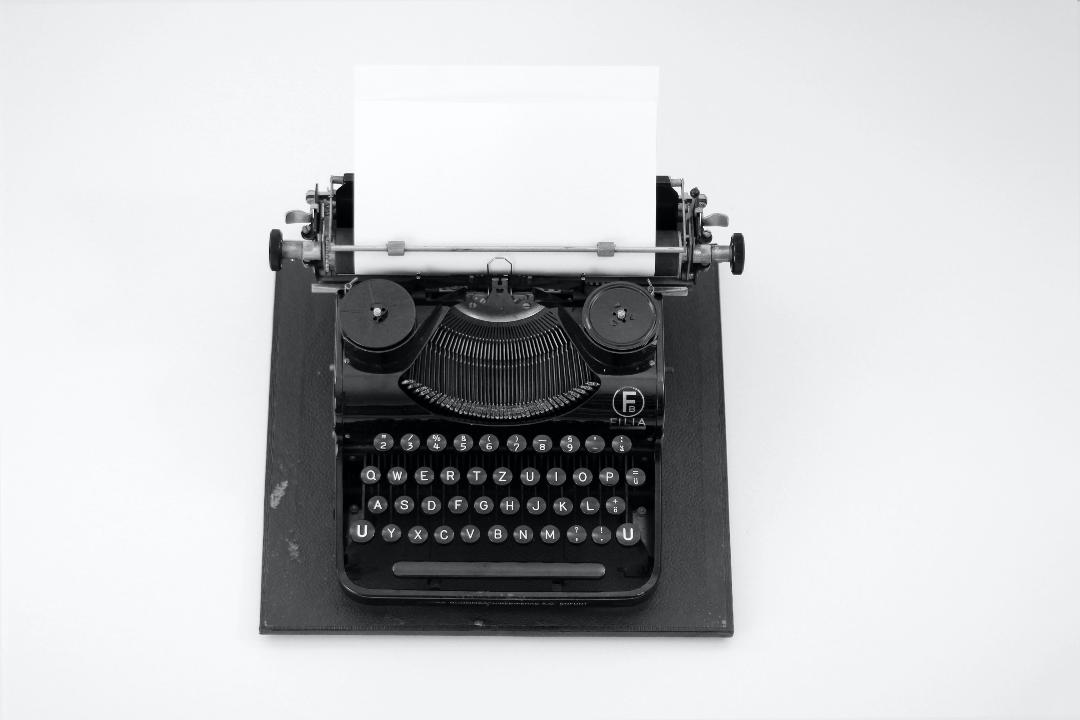By Dimitra Gatzelaki,
When, in 2016, as a Pinterest and Tumblr-obsessed teenage girl cultivating an increasingly picky aesthetic, I discovered Goodreads and its reading challenge, little did I know that I was about to enter a whole new reading era. 15-year-old me was thrilled; I could set a reading goal for the year and show my (few) friends how much I’d read, which would hold me accountable in earnest. But how many books to make myself read? Would 10 be too much, or not enough? At last, I settled on 21. Humble beginnings.
Well, I wasn’t wrong to set myself a reading challenge back then, and I still don’t regret it. It was like a dawning for me, a small digitized epiphany that let me break out of my beloved mystery-and-thriller reading haven, and hurled me headfirst into what, since then, are my favorite genres. In my very first year on this challenge, I amplified my reading niche, keeping authors such as Jo Nesbo and Gillian Flynn off my shelf in favor of a ludicrous mélange of novels ranging from C.S. Pacat’s Young Adult trilogy Captive Prince (I’m still embarrassed about this!) to classics like Dracula and Lolita. Experimentation is the keyword here, and I have the Goodreads reading challenge to thank for that.

Fast forward to 2024, 8 years later, and I still swear by it. As my social media literacy increased and my horizons widened to include Instagram and TikTok, I was exposed to a vast array of readers’ personal experiences with the reading challenge – and the reading goals they set. Sure enough, it was eye-opening to peek through all these – but I had trouble doing the math behind some reading challenges. Some readers were gutsy enough to set 100 or 200 books as their yearly goal, and I, who could get through no more than three books in a great month, was puzzled. Like a rookie, I fell headfirst into the trap of re-evaluating my reading process; Was I reading too few books, or books that were too long, or too difficult? Was I doing something wrong?
None of that. In some dark, remote corner of my mind, it dawned on me that I was witnessing a quantification, or a gamification of sorts, of the joy of reading. And while some readers genuinely reveled in the challenge of tackling 100 books a year, in others I saw books being unfairly reduced to numbers – as if all that mattered was how much one had read, and not what. This, I believe, is partly due to reading challenges being by nature so alluringly gamelike; truly, nothing beats the dopamine rush that comes with marking a book as ‘read’, or, even better, with achieving one’s book goal –personally, the gratification of the “Congrats! You’ve completed your Reading Challenge goal!” message could keep my ego fed for weeks. Yet, that doesn’t erase the ‘shallow’ view of reading that challenges sometimes impose: asking someone about their reading challenge at the end of the year would much sooner yield you the trivial (and useless) reply of “I read _ number of books this year” rather than you finding out what they read, what worlds they discovered through reading, or how they expanded their reading scope.

On the other hand, at times it also seems like reading challenges, rather than kindling readers’ motivation and love for books, can cause overwhelming feelings of inadequacy and anxiety. Even readers who initially confidently set out to read over 100 books had to quit halfway through; Kristen Kieffer, in her article, illustrates how she felt this self-imposed challenge loom above her, until she quit, as it dawned on her that, having fallen into the comparison trap, she was “chasing an arbitrary goal based on outcome”. While setting yourself an absurd reading goal and not carrying it through might seem harmless at face value, the quantification of reading occasions other, more grave problems, such as consumerism. To give an example, TikTok user littledarlingreads posted a video where they stacked their books in two adjacent piles: one titled “Books I read in 2023” and the other “Books I bought in 2023”. Funnily enough, the “books I bought” stack was three times the size of the other one; and, while some users treated this humorously, others harshly commented on the needless waste. Besides this, the trend of placing quantity above quality in reading has long-term consequences for the book industry itself, some of which already show. Readers’ increasingly consumerist attitude to reading forces publishers to produce more and more books to keep up with reader demands. As Jessica Karl highlights in her article, “We’re witnessing in real time how corners of the publishing industry have become akin to fast fashion: pushing out a steady stream of content because they know readers … will keep buying”.
And while this might seem like a much-needed invigoration for the publishing industry, some long-term thinking would be useful here. If publishing houses (like readers) keep valuing quantity over quality in what they put out there, the act of reading itself will significantly suffer. At this point, I don’t think it’d be too far-fetched to say that readers, disappointed by the mediocrity, the sloppiness of books they read, may end up turning away from a particular genre, or even from reading altogether. What I believe we, as readers for whom reading is an act of discovery, a way to simultaneously lose and find ourselves, should do to better the situation is read with intention. One way to achieve this is to renegotiate the terms of the classic reading challenge: instead of confining ourselves to numbers, our main goal can be to expand our reading scope, to revel in reading, and to discover. For me, this entails not setting one goal but many; one of which being that, this year, I would like to break away from my safe fiction-only bubble and include non-fiction in my reading list. It seems daunting to me, and will maybe prove difficult, but in the end, it will allow me to get to know myself an inch more deeply. As reading does. As it is meant to do.
References
- Why I Set & Quit a Hundred-Book Reading Challenge, well-storied. TikTok. @littledarlingreads. (2024). Available here
- TikTok Is Turning the Publishing World Into Fast Fashion, Bloomberg. Available here




